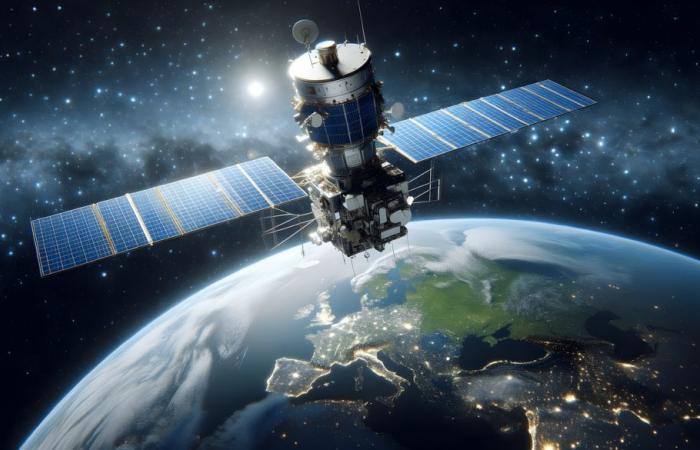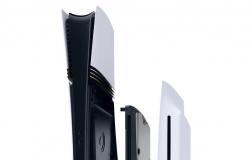The European Commission has announced the award of the first contracts for the development of IRIS², a multi-orbit constellation composed of more than 280 satellites. This ambitious project, with a budget of 10.6 billion euros, aims to provide an encrypted infrastructure for secure communications for European administrations and to support innovative commercial services.
In an increasingly tense geopolitical context, the European Union wants to guarantee resilient, secure and rapid government communications. Josef Aschbacher, Director General of the European Space Agency (ESA), highlighted the strategic importance of IRIS²: “ Ensuring resilient government communications is essential. This project will also strengthen European competitiveness and create jobs. »
IRIS² is a continuation of major European space initiatives, after Galileo, the navigation system, and Copernicus, dedicated to Earth observation and monitoring climate change.
If Europe intends to consolidate its digital sovereignty, the rapid growth of SpaceX’s Starlink and Amazon’s Kuiper constellations has precipitated European decisions. IRIS² aims to offer a credible alternative, while supporting the European space industry, weakened by increased competition and a drop in demand for large traditional satellites.
Sovereignty and innovation at the heart of the project
The project, however, encountered initial difficulties. Disagreements over industrial sharing and budgetary fears expressed by Germany had slowed down its launch. Airbus and Thales Alenia Space, two heavyweights in European aeronautics, notably left the initial SpaceRise consortium to settle for the role of suppliers. These withdrawals followed economic risks linked to losses on existing projects.
Management of IRIS² has been entrusted to the European Space Agency, while operations will be centralized in Italy. The consortium now brings together Eutelsat, Hispasat and SES, three European satellite operators. The first launch is planned for 2029, with full commissioning expected for 2030.
IRIS² represents a major challenge for Europe in terms of defense and security, while constituting a platform for new commercial applications. However, some challenges remain. The German start-up Helsing recently warned of delays in the financing agreement, risking depriving the project of recent advances in artificial intelligence.
Europe, by accelerating the deployment of IRIS², aims to catch up and consolidate its independence in the face of constellations dominated by American companies. With this next-generation constellation, the European Union hopes not only to protect its strategic communications, but also to offer a competitive alternative on the global market.
A reaction? Leave a comment
Did you like this article? Subscribe to our free Newsletter for engaging articles, exclusive content and the latest news.






